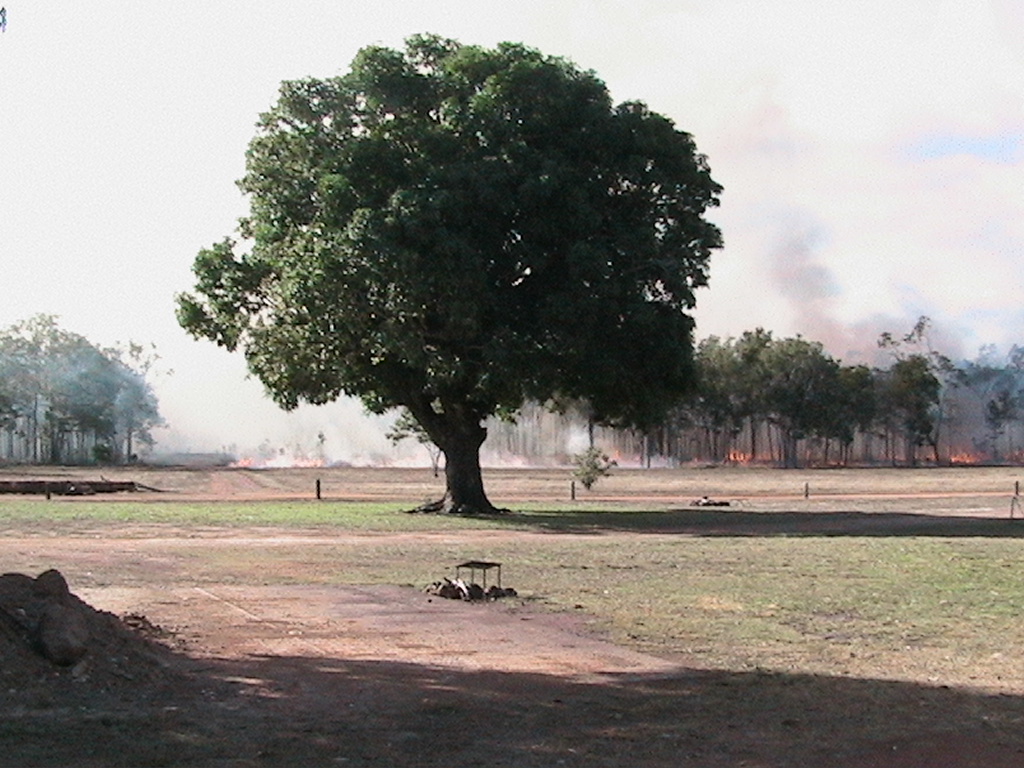The ‘China concern’ is once more creating challenges for Australian politics.


The ‘China concern’ is once more creating challenges for Australian politics.

Lost Phone with myID App/Authenticator I’ve lost my phone, which had the myID app/authenticator installed, and now I’m unable to retrieve the code needed for authentication. I checked the myID

Victoria Police have launched an operation to investigate claims of ongoing infiltration by the CFMEU into the construction industry linked to underworld activities.
The Deceptive Terror Scheme That Misled Australia | The West Report
The ongoing tensions surrounding China are undoubtedly a complex and multifaceted issue that continues to influence Australian politics significantly. As Australia grapples with its economic ties to China while also confronting national security concerns, political leaders find themselves navigating a challenging landscape.
On one hand, the economic relationship with China is crucial for Australia’s trade and prosperity. Significant exports of resources and agricultural products to China have bolstered the Australian economy. On the other hand, increasing geopolitical tensions, human rights issues, and national security risks are forcing politicians to take a firmer stance against China’s actions in the Indo-Pacific region.
This dichotomy often leads to heated debates within the political arena, as parties differ on the approach to take. There is pressure to stand up to China’s assertiveness while also recognizing the importance of diplomatic engagement. Public opinion also plays a critical role, with many Australians concerned about the implications of the relationship on national safety.
Overall, the “China issue” is likely to remain a pivotal topic in Australian politics, influencing policy discussions, election campaigns, and Australia’s position in the broader international community. It’s essential for leaders to strike a balance that promotes economic interests while safeguarding national security and addressing international concerns.